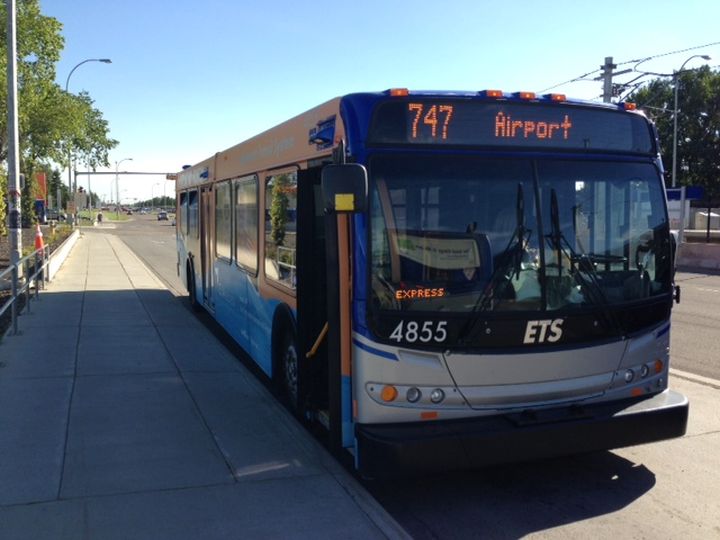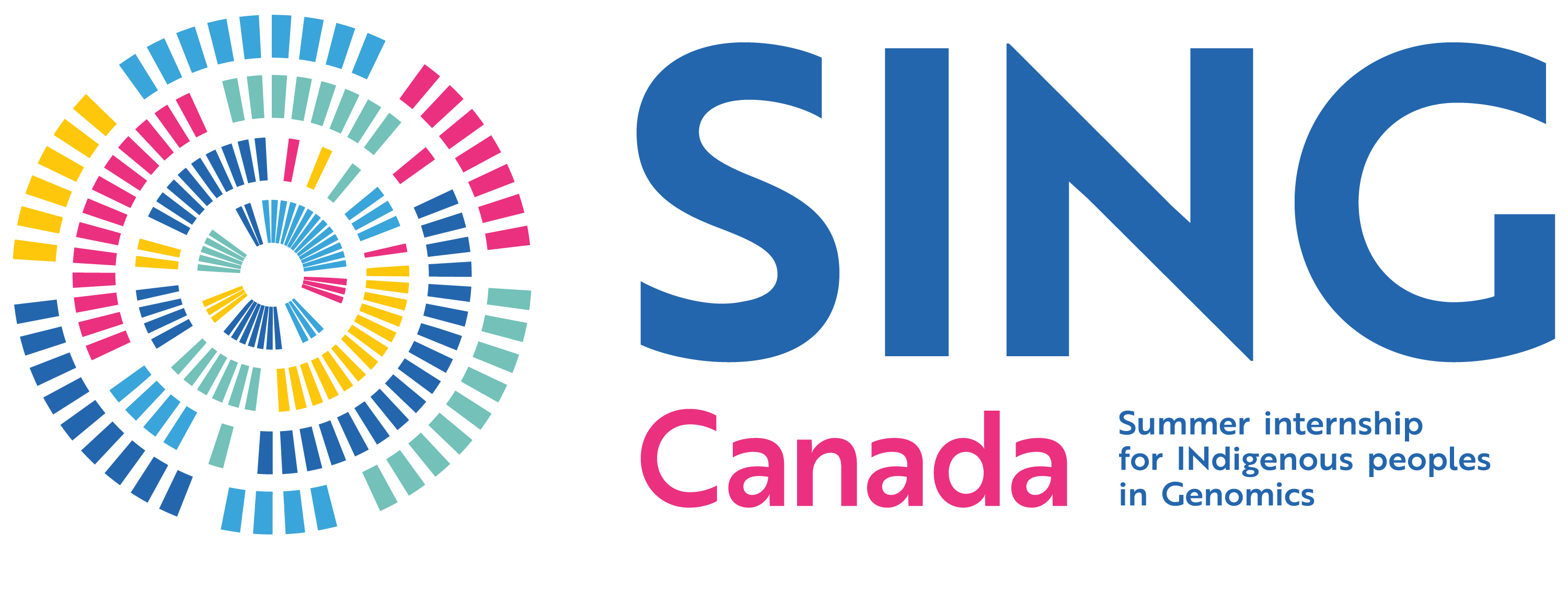Participant Portal
Welcome to the SING Canada Participant Portal! We are so glad that you’ll be joining us for this summer’s workshop. Our Faculty and Support teams have been working hard to build a great program for you. On these pages, you should find answers to all of your workshop-realted questions. If there’s anything we’ve missed, please don’t hesitate to contact us right away.
Logistics
Transportation, accommodations, parking, wifi and meals – we’ve got you covered. Click through the headings below to get more information on your trip. Remember that any additional travel expenses incurred will be covered. Please keep all receipts for taxis, meals during travel and incidental expenses.
Participant Program – SING Canada 2023
Click here for a PDF copy of this year’s program.
Readings
* Please read what you can of this reader ahead of the SING Canada 2023 workshop. The reading list is a compilation of articles meant to introduce you to some of the main concepts, methods, and approaches that we will be exploring during the workshop. Do not be discouraged if you are unfamiliar with the material or if you have difficulty fully understanding it. Your goal in reading is to begin familiarizing yourself with the material. The rest will be learned during the program.
Readings (and presentations as they are available) for 2023 can be accessed in the shared google folder.
Day 1 – Monday, July 17
From Indigenous Peoples as Genomic Objects to Decolonizing Science
- TallBear, K. (2015). Who Owns The Ancient One? Buzzfeed News. Buzzfeed News: TallBear
- Smith, R., Springs, L., Reynolds, A., and Bolnick, D. (2021) Making Kin in a Postgenomic World: Indigenous Belonging after the Genome. In: Daniels In and Beyond the Law. Kermoal N and Andersen C, eds.
- Gaudry, A., & Lorenz, D. (2018). Indigenization as inclusion, reconciliation, and decolonization: navigating the different visions for indigenizing the Canadian Academy. AlterNative: An International Journal of Indigenous Peoples, 14(3), 218–227. DOI: 10.1177/1177180118785382
- OPTIONAL: Reardon, J., & TallBear, K. (2012). “Your DNA Is Our History”: Genomics, Anthropology, and the Construction of Whiteness as Property. Current Anthropology, 53(S5), S233–S245. DOI: 10.1086/662629
Indigenous Peoples and the Politics of Colonial Science in Canada
- Scheibinger, 2005. Forum Introduction: The European Colonial Science Complex. Isis, 96:52–55 DOI: 10.1086/430677
- OPTIONAL: Review https://indigenoustbhistory.ca/ for more on colonialism in Canadian science, medicine, and healthcare.
Indigenous STS and Disrupting Genomics: 23AndMe Case Study
- Kolopenuk, J. (2020). Miskâsowin: Indigenous Science, Technology, and Society. Genealogy, 4(1), 21. DOI: 10.3390/genealogy4010021
Ecologies of Colonial Sex and Masculinity
- Smith, R. (2021). Miskâsowin: Indigenous Science, Technology, and Society. Current Anthropology, 62:S23, S155-S168. DOI: 10.1086/711661
Metagenomics (Soils, Water, People)
- Laudadio, I., Fulci, v., Stronati, L., and Carissimi, C. (2019). Next-Generation Metagenomics: Methodological Challenges and Opportunities. OMICS: A Journal of Integrative Biology. 327-333.DOI: doi.org/10.1089/omi.2019.0073
- Hugenholtz, P., Tyson, G. (2008). Metagenomics. Nature 455, 481–483. DOI: 10.1038/455481a
- Mangola, S.M., Lund, J.R., Schnorr, S.L. et al. (2022). Ethical microbiome research with Indigenous communities. Nat Microbiol 7, 749–756 . DOI: 10.1038/s41564-022-01116-w
- OPTIONAL: Shamarina et al.(2017). Communicating the promise, risks, and ethics of large-scale, open space microbiome and metagenome research. Microbiome. 5:132. DOI: 10.1186/s40168-017-0349-4
Day 2 – Tuesday, July 18
Field Trip (sampling and analysis at kihcihkaw askî)
Day 3 – Wednesday, July 19
Kinking Ethics and Empiricism: From Ethics to Relations of Governance
- Kolopenuk, J. (2020). Provoking Bad Biocitizenship. For “All of Us”? On the Weight of Genomic Knowledge, ed. J. M. Reynolds and E. Parens, special report, Hastings Center Report 50, no. 3: S23-S29. DOI: 10.1002/hast.1152
- OPTIONAL: Lorde, A. (1984). The Uses of the Erotic.
- OPTIONAL: Miranda, D.A. (2002). Dildos, Hummingbirds, and Driving Her Crazy: Searching for American Indian Women’s Love Poetry and Erotics. Frontiers: A Journal of Women Studies 23(2), 135-149. DOI: 10.1353/fro.2002.0036
Vanilla Ethics: Institutional Research Ethics
- OPTIONAL: Laura Arbour & Doris Cook. “DNA on loan: Issues to consider when carrying out genetic research with Aboriginal families and communities.” Public Health Genomics, 9(3) (2006): 153-160. DOI: 10.18357/IJIH11200412290
Art, Science, & Living Notebooks
Day 4 – Thursday, July 20
Community Genomics in BC: Silent Genomes Research Project – Lessons Learned in Building an Indigenous Background Variant Library
Knowledge Mobilization: Communicating Complicated Ideas to the Public and Community
Art, Science, & Living Notebooks
- Supplemental Images: Birthing Tent; For Clémence; Moss Bag
- OPTIONAL: Chronic Wasting Beads
Day 5 – Friday, July 21
Indigenous Data Sovereignty – Soil Microbiome
- Tsosie, K.S., Yracheta, J.M., Kolopenuk, J. and Smith, R.W.A. (2021), Indigenous data sovereignties and data sharing in biological anthropology. Am J Phys Anthropol, 174: 183-186. DOI: 10.1002/ajpa.24184
SING Social and Media Indigena Panel
Social Media & Participant Consent
SING Social Media Guidelines
Inspired by & adapted from ASHG annual meeting guidelines
Special Note for 2023: Please do not mention or tag kihcihkaw askî or the Indigenous Knowledge and Wisdom Centre (IKWC) in your social media posts. SING Canada has been welcomed to use the site in advance of its grand opening so IKWC has requested we limit media attention until that happens.
While we encourage the use of social media before, during, and after SING Canada 2023 as a way to share information and network with participants and faculty, we remind you to adhere to SING’s social media do’s and don’ts:
Do:
Don’t:
People who participate in social media activity associated with SING Canada 2023 are expected to:
- Maintain a courteous and respectful demeanour in their comments and posts.
- Contribute value and expertise.
- Represent themselves and their organizations truthfully and professionally.
- Recognize that SING social media conversations include genetics and non-genetics students, faculty, Indigenous policymakers, community members, media, and the general public.
- The views and opinions posted on SING’s social media do not necessarily reflect the views, opinions, or policies of SING, its faculty, advisory board, or alumni. SING reserves the right to remove comments it deems, in its sole discretion, to be inappropriate.
- Participant Consent
Health & Safety
Safety is an important consideration in lab or field-based work. The University of Alberta requires all students participating in lab-based research to complete the following online training modules. Please complete these modules prior to arriving at the workshop.
- WHMIS 2022
- Working Safely at the U of A
- Lab and Chemical safety 2-021
- Concepts in Biosafety 2021
We understand that everyone has their own level of comfort around COVID-19 exposure. Masks will be provided but will not be made mandatory during class. We will also have disinfecting wipes and hand sanitizer for your use. We ask that if you are feeling ill, please say in your room and take a COVID-19 test immediately. These will be provided to you on Monday, July 17th. If you test positive, please alert a faculty member immediately. We will make arrangements for you to participate in the remainder of the program remotely (if feeling well enough).
Post-Lecture Self-Reflection Practice
In 2023 we are introducing a new method of workshop assessment that steps away from overtaxing survey culture and moves towards a personal self-reflective practice. At the end of each lecture, you will be given 2-3 minutes to make quick notes using the following prompts:
- What was something new or interesting that you learned in this lecture/activity?
- What was the most challenging or unclear concept(s)?
This is designed to help you keep track of your learning journey and also provide reminders or discussion prompts in our morning and evening debrief sessions. At the end of the week, you will be given an opportunity to provide free-form feedback and testimonials, and your notes may also be helpful at that time.





